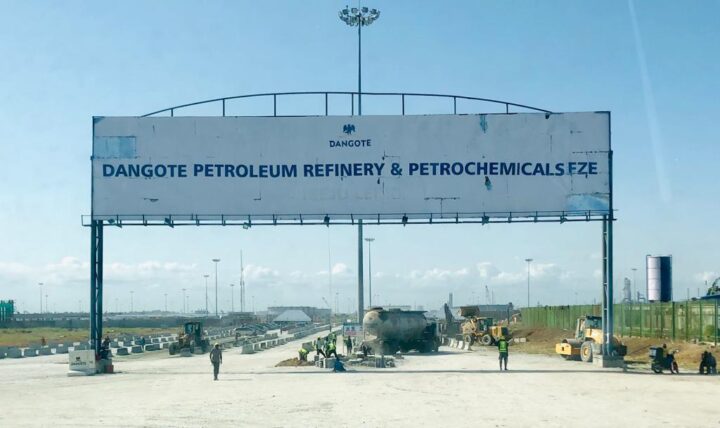Stock Market Reaction to Trump's Tariffs

Asian markets experienced a tumultuous trading session, grappling with the fallout from President Donald Trump's escalating trade war. The initial collapse triggered by tariff announcements saw attempts at recovery, but the specter of further measures and retaliatory responses loomed large, fueling concerns about a potential global recession. Trump's warning of additional tariffs on China, coupled with Beijing's firm stance against yielding, intensified fears of a catastrophic standoff between the world's two largest economies.
Tokyo's market rebounded, surging by over six percent, partially recovering from the previous day's losses. This followed talks between Japanese Prime Minister Shigeru Ishiba and President Trump. However, Trump's threat to increase tariffs on Chinese goods by an additional 50 percent, in response to China's 34 percent retaliation, heightened anxieties. China's commerce ministry responded assertively, stating that it would "fight to the end" if the US persisted in its course of action.
In the face of market turmoil, President Trump urged Americans to remain "strong, courageous, and patient." Investors, seeking opportunities amidst the volatility, engaged in bargain hunting, leading to gains in several markets. Nippon Steel's shares soared by approximately 11 percent after Trump initiated a review of its proposed takeover of US Steel, a deal previously blocked by President Joe Biden.
Hong Kong's market rebounded by over two percent, although it remained significantly below its pre-collapse levels. Other markets, including Sydney, Seoul, Wellington, and Manila, also experienced gains. Shanghai's composite index rose following the Chinese central bank's pledge to support Central Huijin Investment, a major state-backed fund, to ensure market stability.
However, not all markets shared in the recovery. Taipei's market continued its decline, shedding over four percent, adding to the record loss of 9.7 percent from the previous day. Singapore also experienced further selling pressure. Trading in Jakarta was temporarily suspended after the market plunged by more than nine percent upon reopening after an extended holiday. Vietnam's bourse, heavily impacted by tariffs, also suffered significant losses.
Analysts cautioned that the situation could deteriorate further. Vincenzo Vedda, global chief investment officer at DWS, warned that if the announced tariffs are not reversed within the next four weeks, the global economy could face a crisis akin to an "oil price shock." Chris Weston of Pepperstone highlighted the high risk of Trump implementing additional tariffs, given the low probability of China backing down on its countermeasures.
JPMorgan Chase CEO Jamie Dimon acknowledged that the tariffs could slow down growth and potentially increase inflation. The Federal Reserve faces a complex challenge, needing to balance the need to support the economy with the risk of rising inflation. Nuveen chief investment officer Saira Malik suggested that the increased tariffs could lead to more rate cuts by the end of the year.
Indonesia's stock market experienced a sharp decline, with the Jakarta Composite Index plummeting by over seven percent after a week-long public holiday. Trading was briefly suspended at the open due to the uncertainty surrounding Trump's global tariffs. The Indonesian central bank intervened to support the rupiah, which had weakened against the dollar. Despite the challenges, Indonesia plans to pursue diplomatic solutions by sending a high-level delegation to the United States.












